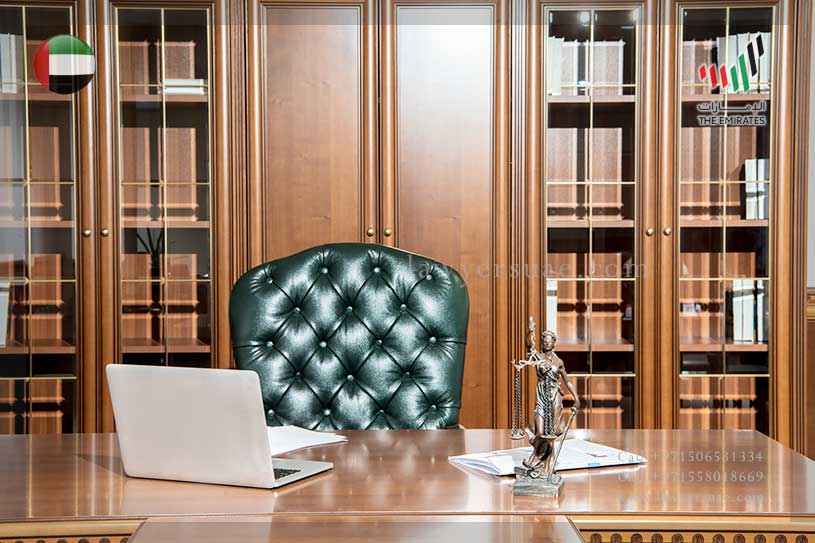Dubai has emerged as a leading global business hub and top destination for foreign direct investment in recent years. Its world-class infrastructure, strategic location, and business-friendly regulations have attracted investors from around the world. However, navigating Dubai’s complex legal landscape can prove challenging without adequate guidance. We provide an overview of laws and regulations governing foreign investment in Dubai, with a focus on key considerations for property ownership, protecting investments, business structures, and immigration.
Laws and Regulations for Foreign Investors
Dubai provides an attractive environment for foreign investors through business-friendly laws and incentives. Some key aspects include:
- 100% ownership of mainland companies allowed: The UAE revised the Commercial Companies Law (Federal Law No. 2 of 2015) in 2020 to allow foreign investors to have full ownership of companies in mainland Dubai for most activities. Prior caps limiting foreign ownership to 49% were lifted for non-strategic sectors.
- Free zones provide flexibility: Various free zones in Dubai like DIFC and DMCC allow 100% foreign ownership of companies registered there, along with tax exemptions, fast licensing, and world-class infrastructure.
- Special economic zones catering to priority sectors: Zones targeting sectors like education, renewables, transport and logistics provide focused incentives and regulations for foreign investors.
- Strategic activities require approvals: Foreign investment in sectors like oil and gas, banking, telecoms and aviation may still require approvals and Emirati shareholding.
Thorough legal due diligence covering relevant regulations based on your activity and entity type is strongly recommended when investing in Dubai therefore we recommend professional & experienced legal advice in UAE before investing.
Key Factors for Foreign Property Ownership
Dubai’s real estate market has boomed over recent decades, attracting buyers from across the globe. Some key considerations for overseas property investors include:
- Freehold vs leasehold property: Foreigners can purchase freehold property in designated areas of Dubai providing full ownership rights, while leasehold properties typically involve 50-year leases renewable for another 50 years.
- Eligibility for UAE residency visa: Property investment above certain thresholds provides eligibility for renewable 3 or 5-year residency visas for the investor and their families.
- Processes for non-resident buyers: Purchasing procedures typically involve reserving units off-plan before construction or identifying resale properties. Payment plans, escrow accounts and registered sales & purchase agreements are common.
- Rental yields and regulations: Gross rental yields range from 5-9% on average. Landlord-tenant relations and rental regulations are governed by Dubai’s Real Estate Regulatory Agency (RERA).
Call us now for an urgent appointment at +971506531334 +971558018669
Protecting Foreign Investments in Dubai
While Dubai provides a secure and stable environment for global investors, adequate protection of assets and capital is still essential. Key measures include:
- Robust legal frameworks covering international best practices for intellectual property, arbitration regulations, and debt recovery procedures. Dubai ranks high globally in protecting minority investors.
- Strong intellectual property (IP) laws provide trademarks, patents, industrial design and copyright protections. Registration should be completed proactively.
- Dispute resolution through litigation, arbitration or mediation relies on Dubai’s independent judicial system and specialized dispute resolution centers like the DIFC Courts and Dubai International Arbitration Centre (DIAC).
Navigating Business Structures and Regulations
Foreign investors in Dubai can choose from various options for setting up their operations, each with different implications for ownership, liability, activities, taxation and compliance requirements:
| Business Structure | Ownership Rules | Common Activities | Governing Laws |
|---|---|---|---|
| Free Zone Company | 100% foreign ownership allowed | Consulting, licensing IP, manufacturing, trading | Specific free zone authority |
| Mainland LLC | 100% foreign ownership now permitted^ | Trading, manufacturing, professional services | UAE Commercial Companies Law |
| Branch Office | Extension of foreign parent company | Consulting, professional services | UAE Companies Law |
| Civil Company | Emirati partner(s) required | Trading, construction, oil & gas services | UAE Civil Code |
| Representative Office | Cannot engage in commercial activities | Market research, exploring opportunities | Rules vary across emirates |
^Subject to some exclusions for activities of strategic impact
Other key aspects to consider include business licensing, permitting, taxation framework based on corporate structure and activities, data protection compliance, accounting, and visa rules for staff and management.
Immigration Options for Investors and Entrepreneurs
Alongside conventional work and family resident visas, Dubai provides specialized long-term visas aimed at high net worth individuals:
- Investor visas requiring minimum capital investment of AED 10 million provide 5 or 10-year automatic renewals.
- Entrepreneur/business partner visas have similar terms but lower minimum capital requirements from AED 500,000.
- ‘Golden visas‘ providing 5 or 10-year residencies for outstanding investors, entrepreneurs, professionals and graduates.
- Retiree resident visas issued on property purchases over AED 2 million.
Conclusion
Dubai offers lucrative prospects for overseas investors but navigating the local landscape requires specialist expertise. Connecting with a reputable law firm and staying updated on legal developments is highly advisable. Thorough due diligence, proactive compliance and risk mitigation provides peace of mind for foreign investors establishing operations in Dubai.
Call us now for an urgent appointment at +971506531334 +971558018669

